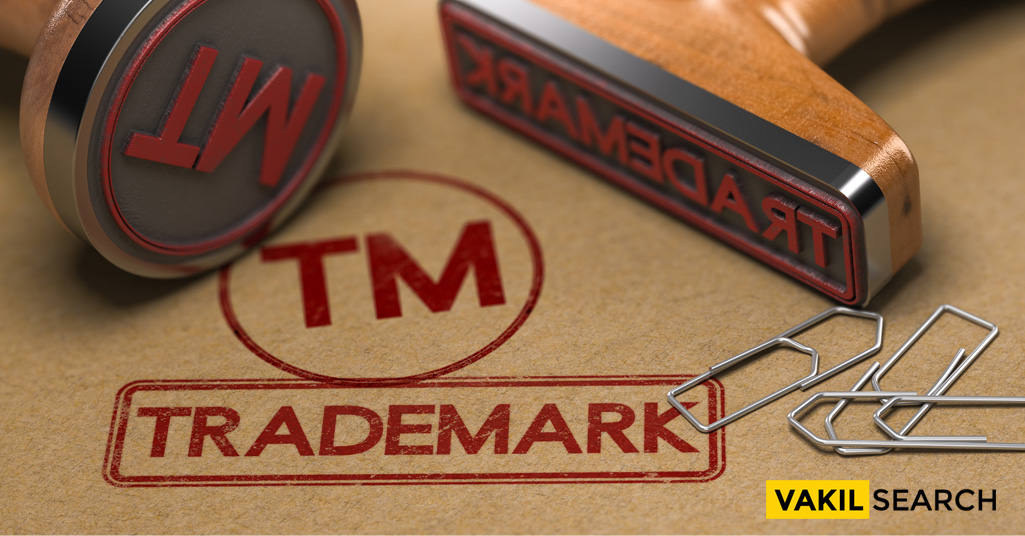Get to know the various types of trademarks available and how to renew them at Vakilsearch.
Overview on Different Types of Trademarks and Renewal
Trademarks are an essential element for any business or brand as they serve as a unique identity that sets them apart from competitors. They help customers to identify and differentiate the products and services of a particular business from those of others. In India, the Trademarks Act, of 1999 governs the law of trademarks. Trademarks can be registered under many different categories, including product, service, collective, certification, shape, sound, and pattern marks. Although there are many different types of trademarks, they all serve the same objective, which is to let consumers recognise products and services coming from a particular manufacturer or service provider. We examine the various trademark types in this post.
In India, trademarks need to be renewed periodically to maintain their validity and exclusivity. The initial registration of a trademark is valid for ten years, after which it can be renewed indefinitely for successive periods of ten years each. The renewal application can be filed online or offline with the Indian Trademarks Registry and must include details such as the trademark registration number, renewal fee, and class(es) of goods or services covered by the trademark.
Types of Trademarks in India
There are several types of trademarks available in India, including:
Word Marks – A word mark is a type of trademark that consists of only text or words. It is the most common type of trademark used by businesses to protect their brand name.
Device Marks – A device mark is a type of trademark that consists of a graphical element, logo, or design. It may or may not contain text.
Service Marks – A service mark is a type of trademark that is used to identify and differentiate services instead of products.
Collective Marks – A collective mark is a type of trademark that is used by a group of individuals, companies, or organisations to indicate membership or affiliation.
Certification Marks – A certification mark is a type of trademark that is used to indicate that goods or services meet certain standards or quality. It is often used by third-party organisations to certify products and services.
Pattern Marks- In the realm of trademarks, pattern marks are products that display unique, specific patterns that set them apart from other products. However, patterns that do not have a notable, distinguishing factor are generally not accepted since they do not serve any purpose. In order to be registered as a pattern mark, the pattern must display evidence of its distinctiveness.
Sound Marks- Sound marks refer to sounds that are associated with a specific product or service offered by a particular supplier. To qualify for registration as a sound mark, the sound must be recognizable to the public as representing a particular product, service, or show. Sound logos, which are also known as audio mnemonics, typically appear at the beginning or end of commercials. One of the most popular sound marks in India is the tune used for the IPL.
Renewal of Trademarks in India
Trademarks need to be renewed periodically to maintain their validity and exclusivity. In India, a trademark is initially valid for ten years from the date of registration. After the initial ten years, the trademark can be renewed indefinitely for successive periods of ten years each.
The process of renewing a trademark involves filing an application for renewal with the Indian Trademarks Registry. The application for renewal can be filed six months before the expiry of the trademark registration or within six months after the expiry of the registration. If the renewal application is not filed within the prescribed time, the trademark will be deemed to have been abandoned, and the owner will lose their exclusive rights over the trademark.
The following are the steps involved in renewing a trademark in India:
Filing the Renewal Application – The renewal application can be filed online or offline with the Indian Trademarks Registry. The application must be filed in the prescribed format and must include details such as the trademark registration number, the renewal fee, and the class(es) of goods or services covered by the trademark.
Payment of Renewal Fee – The renewal fee must be paid at the time of filing the renewal application. The fee for renewal of a trademark in India depends on the number of classes of goods or services covered by the trademark. For instance, the renewal fee for a single-class trademark is ₹ 9,000, while the fee for a multi-class trademark is ₹ 9,000 for the first class and ₹ 9,000 for each additional class.
Examination of the Application – Once the renewal application is filed, it is examined by the Indian Trademarks Registry to ensure that all the requirements are met.
Conclusion
In conclusion, trademarks play a crucial role in protecting a business’s brand identity and reputation. There are various types of trademarks available in India, including word marks, device marks, service marks, collective marks, and certification marks. Each type of trademark has its own unique features and requirements. Renewing trademarks on time is equally important as obtaining the initial registration. Trademarks can be renewed every ten years, and it is essential to file the renewal application with the appropriate fees within the prescribed time frame. For all the updated details and a hassle-free trademark renewal process, Vakilsearch experts are there to assist you.
Read more










